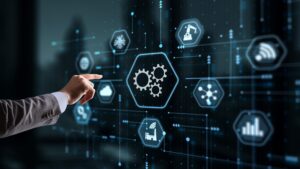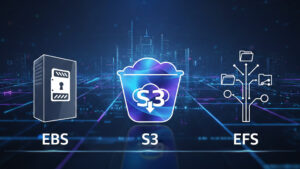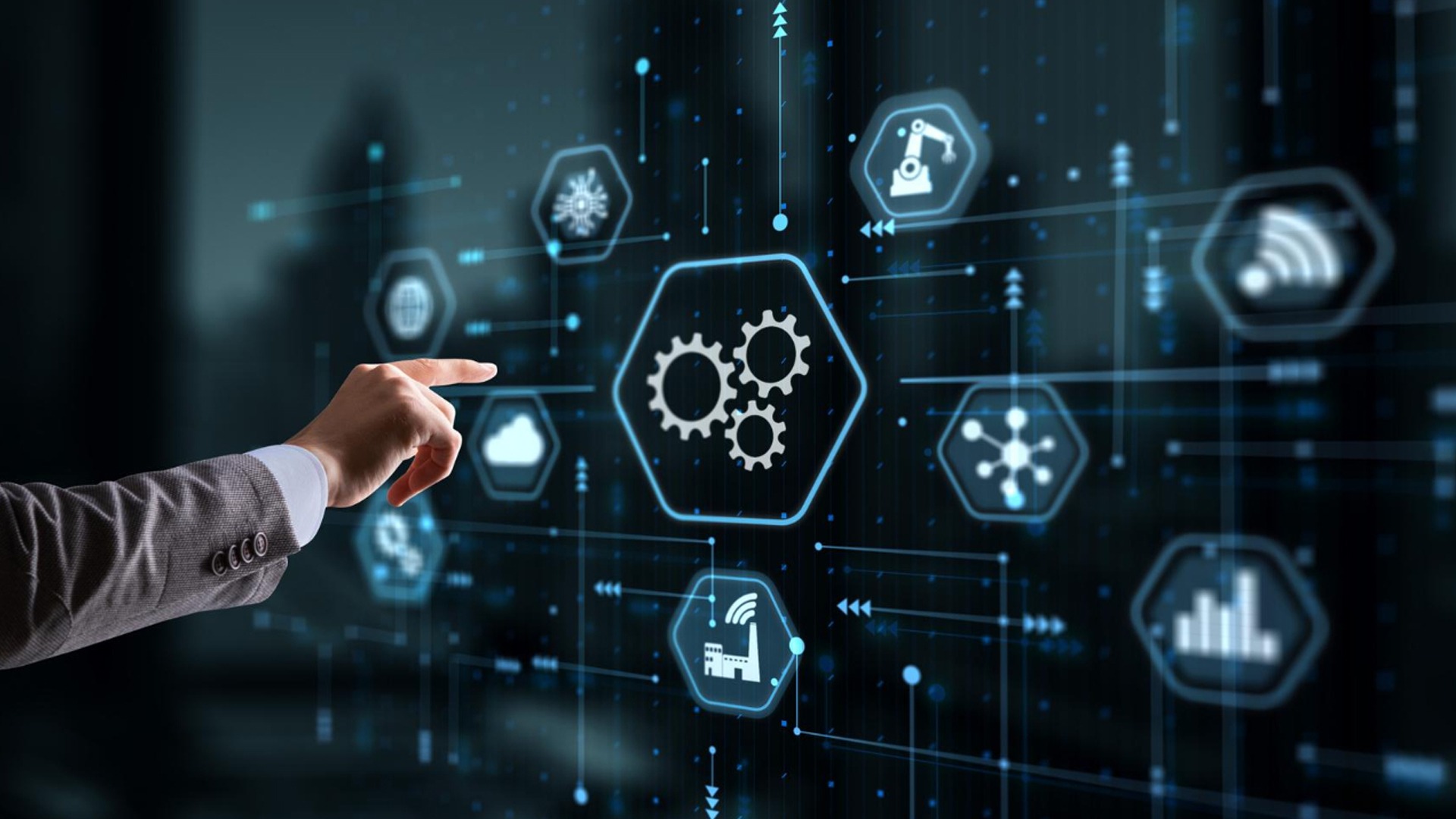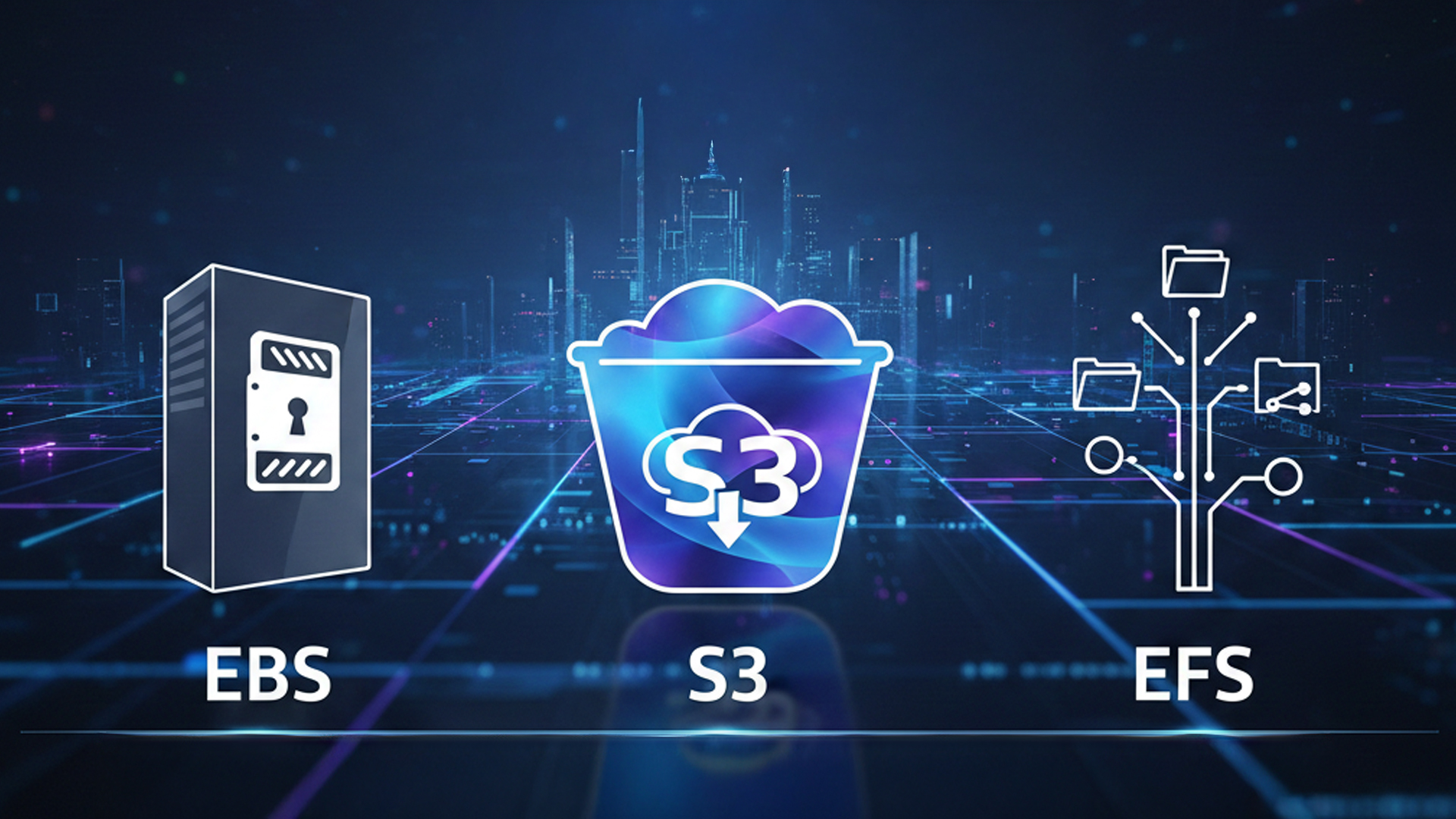Technology has always shaped how healthcare evolves. But right now, we’re witnessing something deeper than just digitization, we’re stepping into an era of intelligence.
Machine learning in healthcare isn’t some futuristic idea anymore. It’s here. It’s real. And it’s already changing how doctors diagnose, treat, and care for patients.
So, what does that really mean?
At its core, machine learning is a subset of artificial intelligence that learns from data. No fixed rules. No rigid programming. It looks at medical histories, lab results, scans, even behavioral patterns and finds what humans might miss. That’s how it supports better decisions and sharper outcomes.
From faster diagnoses to fewer admin delays, machine learning in healthcare isn’t about replacing doctors. It’s about freeing them up to focus on what matters most, the patient.
And here’s the part that matters: this tech isn’t making healthcare colder or robotic. It’s doing the opposite. It’s making it more personal, more precise, and more proactive.
Healthcare Use Cases for Machine Learning
The applications of machine learning and healthcare are wide-ranging. Let’s break down some of the most impactful use cases being seen in hospitals and health systems today, many of which are implemented with the help of mlops consulting services.
Uses of Machine Learning in Healthcare Sector:
Clinical Decision Support Systems (CDSS)
Doctors have seconds to make decisions that change lives. Machine learning-based CDSS tools can analyze patient history, symptoms, test results, and population-level data in real time to support faster and more accurate diagnoses. They don’t replace doctors; they empower them with insights.
Fraud Detection in Healthcare
Healthcare fraud is more than just a financial risk. It can lead to wrong treatments, fake claims, and delayed care. Machine learning models can detect irregular billing patterns, duplicate claims, or unusual treatment combinations, helping insurers and providers catch fraud early before the damage is done.
Optimizing Hospital Operations
Hospitals are complex ecosystems. From bed management to inventory forecasting, uses of machine learning in healthcare now extend into the operational backbone. Predictive analytics helps reduce patient wait times, manage staff schedules, and improve resource utilization, leading to more efficient and cost-effective care delivery.
Real Life Examples of Machine Learning in Healthcare
At Rapyder, we’re not just watching this transformation. We’re building it. Our cloud-native solutions, infused with machine learning in healthcare, are designed for real-world use. Here are a few ways we’ve helped our clients drive impact.
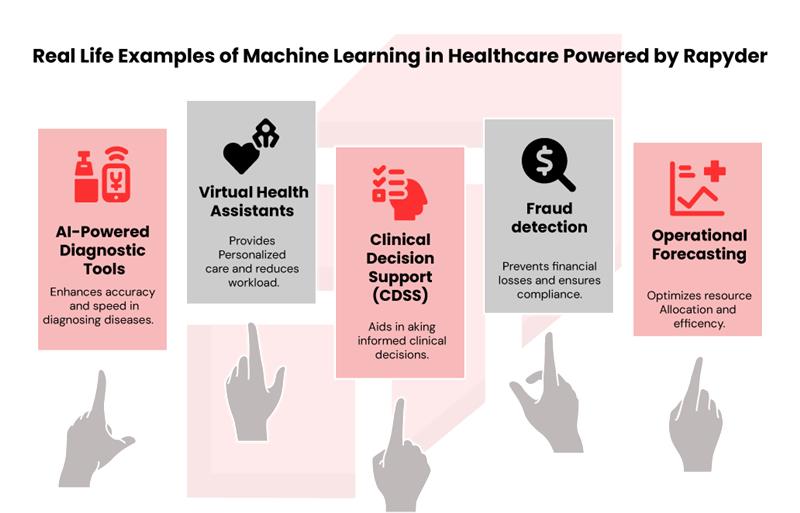
-
AI-Powered Diagnostic Tools
Challenge:
A leading hospital struggled with delays in diagnosis due to limited radiology bandwidth and increasing patient loads. Manual image interpretation was slowing down care.
Solution:
Rapyder deployed a machine learning-powered diagnostic system that reads radiology scans like X-rays and MRIs. The AI model continuously learns from historical images and outcomes, enhancing accuracy over time. This helped clinicians deliver faster diagnoses and initiate treatment sooner a real game-changer in critical care.
-
Virtual Health Assistants
Challenge:
A health-tech startup wanted to reduce reliance on human support staff while still delivering personalized patient engagement.
Solution:
We built a cloud-native virtual health assistant using natural language processing and healthcare-focused ML models. The assistant offers symptom triage, medication reminders, and lifestyle guidance, improving engagement while freeing up operational resources.
-
Clinical Decision Support System (CDSS)
Challenge:
Doctors at a multi-specialty hospital lacked real-time insights from patient records, often leading to conservative or delayed clinical decisions.
Solution:
Rapyder developed a clinical decision support system integrated with the hospital’s EHR. The AI tool analyzes patient data to suggest tests, flag high-risk cases, and recommend treatment options, empowering doctors to make more informed, data-driven decisions.
-
Fraud Detection in Healthcare
Challenge:
A major insurance provider was losing revenue due to fraudulent claims slipping through manual review systems.
Solution:
We built a healthcare fraud detection model using ML pipelines hosted on secure cloud infrastructure. The system flags suspicious claims in real-time, reducing false positives and identifying patterns missed by traditional tools. Within six months, it cut down fraud payouts by over 15%.
-
Operational Forecasting for Hospitals
Challenge:
One hospital faced unpredictable surges in OPD and ER traffic, causing patient wait times and inefficient staff allocation.
Solution:
Rapyder created a demand-forecasting model using machine learning. It analyzed historical admissions, seasonal patterns, and local events to predict footfall. The result? Better staffing, smoother operations, and an improved experience for patients and healthcare workers alike.
Machine Learning Limits in Healthcare and Rapyder’s Solutions
Let’s be real. As promising as machine learning and healthcare sound together, there are genuine challenges.
One, data privacy. Healthcare runs on sensitive information. Any ML implementation must strictly comply with regulations like HIPAA and India’s DPDP Act. Two, model bias. If the training data is skewed, predictions can be inaccurate or even dangerous. And in medicine, that’s not an option. Three, integration. Most hospitals still rely on fragmented systems and legacy infrastructure that doesn’t “talk” to modern AI tools.
This is where Rapyder steps in.
- We build secure, HIPAA-compliant ML solutions on AWS, Azure, and Google Cloud that prioritize privacy by design.
- Our models are trained on diverse, anonymized datasets, tested repeatedly to ensure fairness and accuracy.
- And we specialize in modernizing healthcare IT stacks with cloud-native architectures, ensuring seamless interoperability with existing systems.
So, while the limitations of machine learning in healthcare are real, they’re not roadblocks – just checkpoints to do better.
The Future of Machine Learning in Healthcare with Rapyder
The future isn’t about replacing doctors with machines. It’s about giving doctors superpowers.
With real-time decision support, predictive care models, and automated diagnostics, healthcare use cases for machine learning will continue to grow not just in hospitals, but across public health, wellness apps, insurance, and pharma.
At Rapyder, we believe that machine learning in healthcare should be built for people not just processes. That means human-centric design, outcome-first deployments, and solutions that scale without compromise.
From personalized treatment recommendations to AI-assisted surgeries, the revolution is already happening.
Let’s build what’s next.

